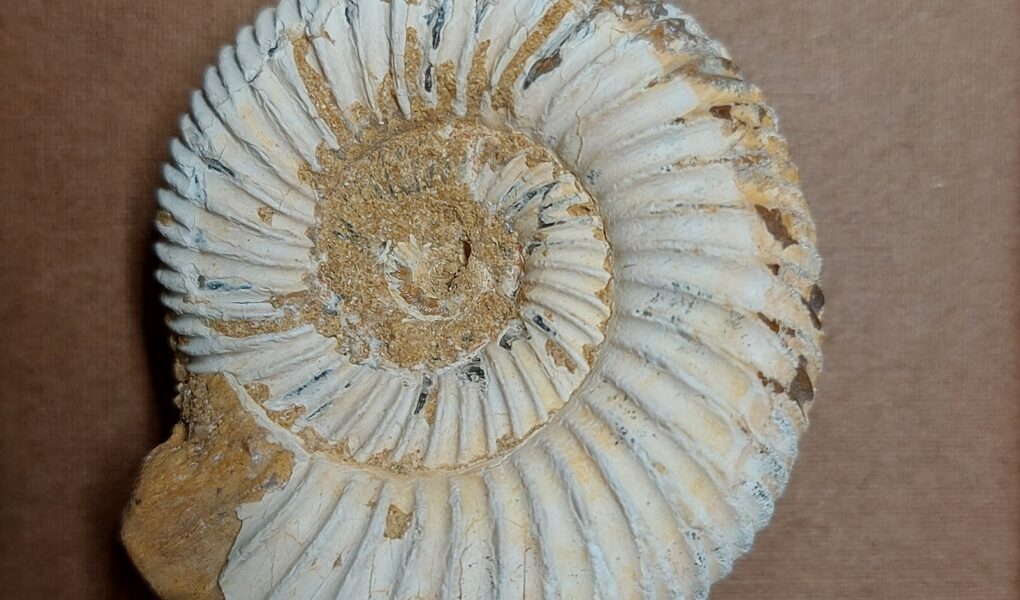This article was written as part of Maika’s Journalism 120 class.
“Atlantic Canada is rich with fossils, if you know what you’re looking for.”
It’s a tip shared by Onésime Sirois as he describes paleontology, a passion of his born through years of fossil-finding and research. He defines paleontology as “The study of prehistoric life, through the analysis and excavation of fossils.” It binds him to the past, the ghosts of creatures long gone, leaving remnants on the ground we stand on today. Especially so in the Maritimes.
Sirois was first introduced to the study very young. “Reading books as a kid, documentaries, finding fossils on the beach,” All of these served to inspire. “My purchase of a genuine dinosaur tooth as a kid solidified my passion.”
And his interest is only fueled by his environment – the maritimes being rich in prehistoric history. “New Brunswick is especially rich in fossils from the carboniferous period, approximately 300-350 million years ago,” He says. “Just along coastlines and cliffs, you can easily find rocks containing fragments of plants, pieces of wood, and even entire tree branches and trunks embedded in cliffs.”
Atlantic Canada is no stranger to the marvels of a humid continental climate. Beautiful woodlands, oceans, the marvels of the Bay of Fundy, many of those beloved environments still contain clues to a time long before we were here.
“We also have some rather unique examples of fish and amphibians that used to live here. From a much more recent era, a fossil of a Mastodon was discovered in nearby Hillsborough, and is one of the most complete specimens ever discovered.”
It’s clear that paleontology is a subject close to Sirois’ heart. “It was my primary career until sometime in middle school,” He even says, “where I began to consider other fields like engineering.”
Sirois ascribes the change in career to “various reasons, though lack of interest certainly wasn’t one of them. A big reason was the money and lack of jobs. Paleontology is a competitive field, and there isn’t much money in the job, so I thought engineering would better fit my skillset and financial preferences.”
“I also hate the heat and getting dirty, both of which are extremely common things for a paleontologist to encounter,” he laughs.
But the passion is still deeply rooted in his heart. “To this day I still love searching for fossils along the beach and reading about new discoveries. I’m still considering pursuing a second degree in paleobiology, which is the study of the biology of fossil organisms and prehistoric life.”
“My passion hasn’t wavered, it simply has changed its trajectory a bit.”
And wherever the future takes him, paleontology will still be waiting. After all, we’re talking hundreds of millions of years here. What’s a few more?







